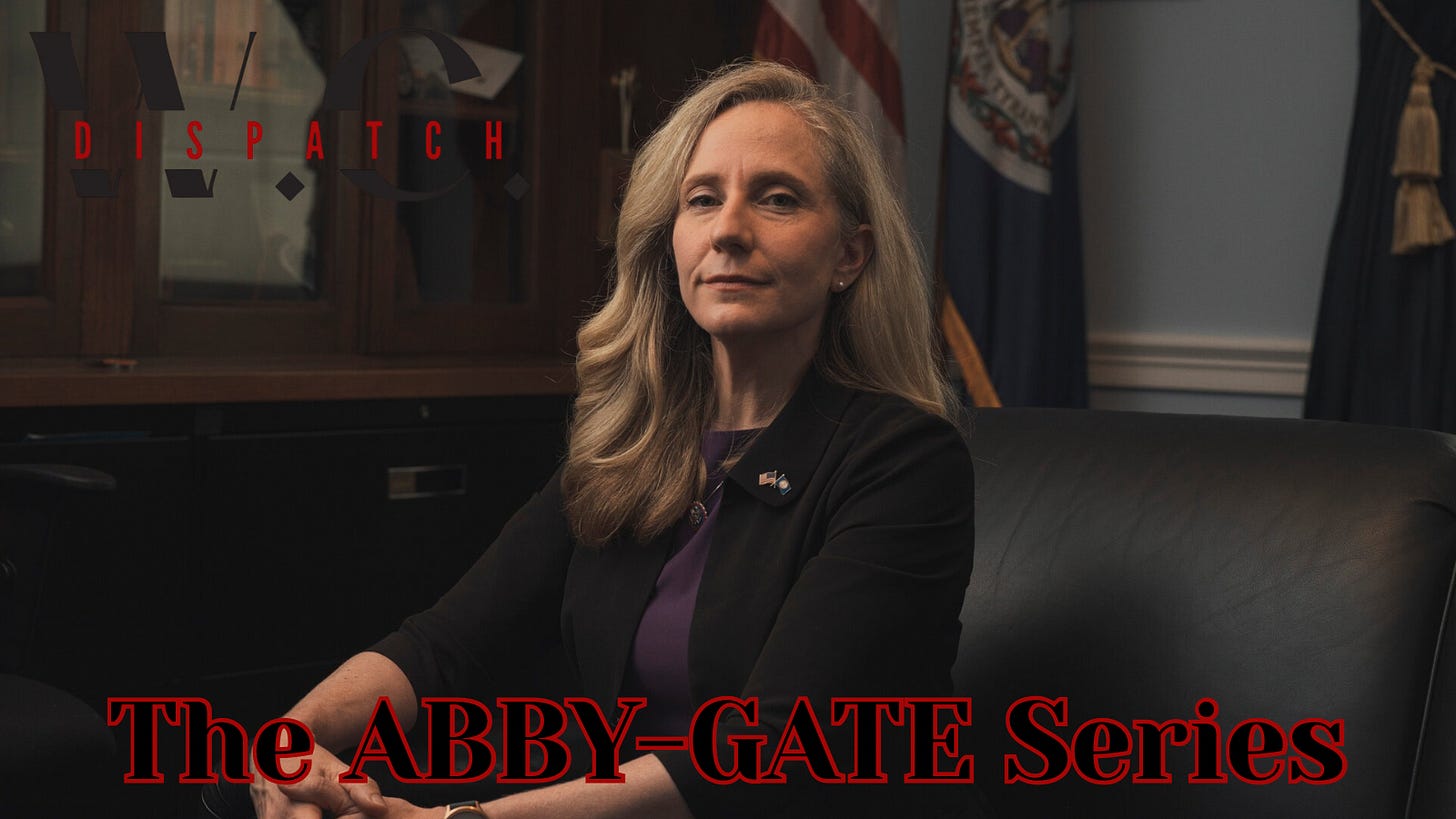The Abby-Gate Series #1
Bombshell Documents Rock Spanberger's Gubernatorial Race, Revealing Her Campaign’s Fingerprints All Over a Political Hit Job Disguised as a State Party Statement.
INVESTIGATIONS: By Walter Curt
In Richmond, a defamation trial has pried open the inner workings of Abigail Spanberger’s political operation, revealing a coordinated hit job executed from within her campaign’s war room, scrubbed of fingerprints, and pushed into the public square under the banner of the Democratic Party of Virginia. Sworn depositions from…




